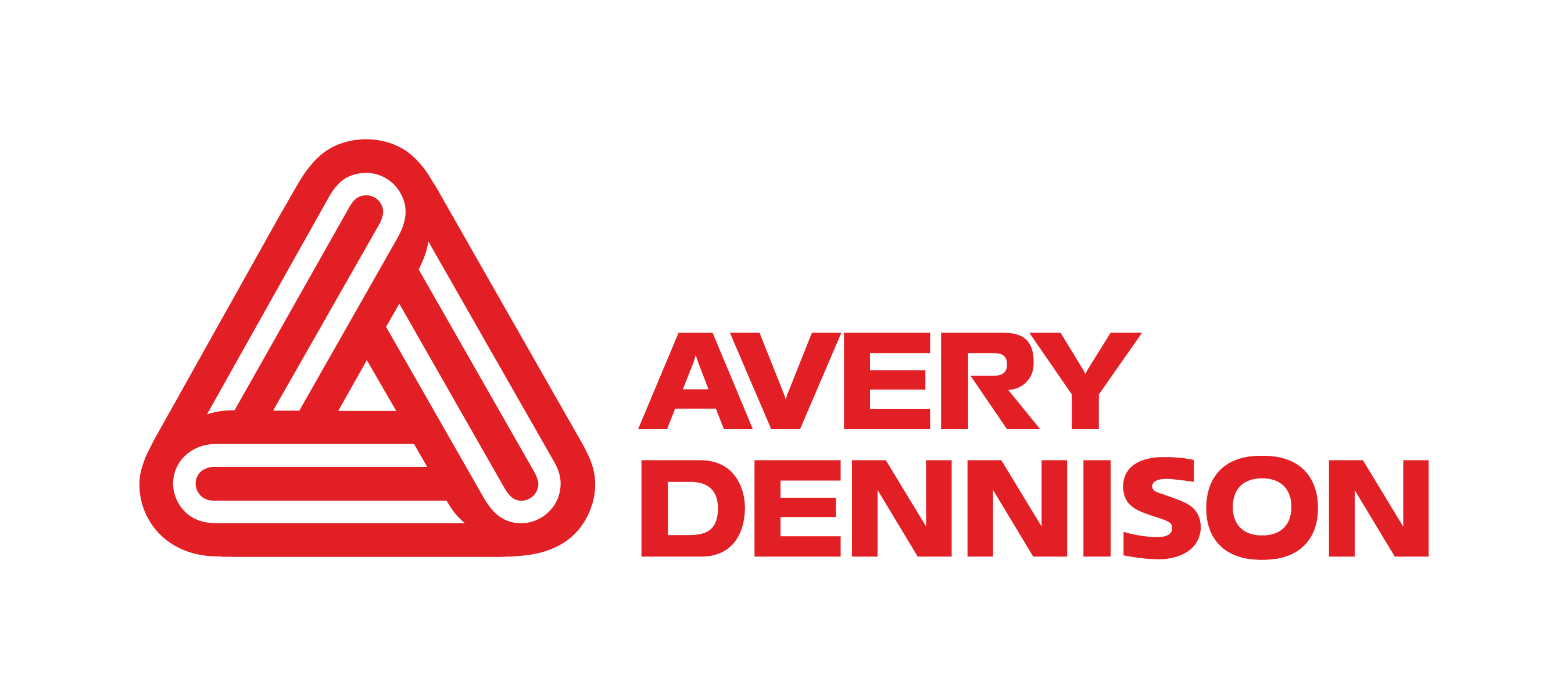Navigating EUDR
Q: Are all paper-containing goods I receive from Avery Dennison covered by the EUDR?
A: Not all products are in scope. For Avery Dennison, paper is the primary material covered by the EUDR. However, the regulation applies only to specific products identified by their Harmonized System (HS) code. A product with a paper component, like a paper label, is in scope, but a film label is not, even if it has a paper liner. We are creating an internal product list to clearly identify which products are covered, so you will have the necessary documentation for in-scope products you buy from us.
Q: What is Avery Dennison's role under the EUDR, and how does it affect my business?
A: Avery Dennison can have one of two roles:
As a "First Operator": We are the first company to place a product on the EU market. In this role, we handle all the due diligence steps—data collection, risk assessment, and legal checks—to create and submit the Due Diligence Statement (DDS).
As a "Downstream non-SME": This means we are a company that receives products for which the due diligence has already been performed. In this case, we simply need to obtain the DDS reference number from our supplier and keep it on file.
The important takeaway for you is that for all in-scope products you buy from us, we will have already performed the necessary due diligence and submitted a DDS. Your main obligation as a downstream company is to obtain the DDS reference number from us and store it, as authorities may request it.
Q: How will I receive the necessary DDS information from Avery Dennison for my in-scope shipments?
A: We have streamlined the process to make it easy for you. The Reference and Verification numbers you need will be included in an additional document with every shipment that contains EUDR in-scope goods. This document will be delivered as a PDF, appended to your Advance Shipping Notice (ASN), and sent to the email addresses of your relevant receiving parties. Our goal is to provide these numbers as early as possible so you can integrate them into your own internal compliance processes.
Q: When do I need to be compliant with the EUDR? What's the deadline for my business?
A: Your compliance deadline depends on your company's size, based on the EU's Accounting Directive. The key dates are:
Medium-sized and Large Customers: The EUDR applies from December 30, 2026.
Micro and Small Enterprise Customers: You have an extended timeline, with the rules applying from June 30, 2027.
Remember, this classification is based on your individual company’s metrics, not a larger group or parent company you might belong to.
Q: What companies are considered SMEs under the EUDR?
A: According to the EU's Accounting Directive, a company is considered a Micro, Small or Medium Enterprise (SME) if it does not exceed the limits of at least two of the three criteria for its category.
Micro-undertakings: Less than 10 employees, with a net turnover of less than €900,000 or a balance sheet total of less than €450,000.
Small undertakings: Less than 50 employees, with a net turnover of less than €10,000,000 or a balance sheet total of less than €5,000,000.
Medium undertakings: Less than 250 employees, with a net turnover of less than €50,000,000 or a balance sheet total of less than €25,000,000.
Q: If my business is an SME, what are my specific due diligence obligations for products I buy from Avery Dennison?
A: As a downstream SME operator, your obligations are simplified. Since Avery Dennison will have already performed the due diligence and submitted a DDS for in-scope products, you are not required to repeat this. Your main responsibility is to obtain and retain the DDS reference number from us for each relevant shipment, as you must be able to provide it to competent authorities if requested.
Q: I'm an SME trader. What information do I need to manage?
A: If you are an SME trader (meaning you make our products available on the market without further processing), you are not required to conduct due diligence. Your key obligation is traceability. You must collect and keep for at least five years:
Avery Dennison's company details as your supplier, along with the DDS reference numbers for the products we provided.
The details of the businesses to whom you supply the products.
Q: My non-SME customer is asking me, an SME, to submit a DDS. Is this required?
A: While another company cannot legally compel you under the EUDR to submit a DDS if you are exempt, you might encounter this as a commercial request. Legally, your obligation is to provide the DDS reference numbers you receive from us, which demonstrate the product's upstream compliance.
Q: Do I need the exact geolocations of the plots used for the commodities?
A: No, not as a downstream business. Geolocations are provided by the First Operator during the initial DDS for verification by National Authorities. The TRACES system allows First Operators to hide specific geolocations from downstream businesses and instead provide only a country of origin.
Q: Are samples or products made from recycled materials in scope of the EUDR?
A: The scope of the EUDR can differ for these types of products:
Samples: The Commission's draft proposes that product samples of little value or quantity, used only to get orders, are not subject to the Regulation.
Recycled Materials: Products made 100% from recycled materials (end-of-lifecycle waste) are not within the scope of the EUDR. However, if any virgin material is added, the product then falls within the scope, and the virgin material must have an attached Due Diligence Statement (DDS).
Q: Do existing certifications like FSC mean automatic EUDR compliance?
A: No, certifications such as FSC, SFI, or PEFC do not automatically mean compliance with the EUDR. However, these certifications can support your efforts around the EUDR, for instance, by being part of your Due Diligence System, demonstrating supply chain involvement, and mitigating risks associated with local laws or supply chain complexity.
Q: We're exporting an EUDR good. What are our obligations?
A: Exporting an in-scope good from the EU follows the same procedure as a Downstream non-SME. You will need to create a new Due Diligence Statement (DDS) and link it to the Reference and Verification numbers provided by your supplier (Avery Dennison).
Q: We're re-importing a good that was previously in the EU. How does this affect us?
A: Goods being re-imported into the European market can utilize previously attached DDSs. However, if any in-scope virgin material has been added to the goods while it was outside the EU, a full DDS, including all necessary legal checks and risk assessments, must be completed for that added virgin material.
Q: Where can I get more information?
A: For more details on the EUDR, please refer to the official EU Commission website. For specific questions on Avery Dennison products and our compliance efforts, please contact your Avery Dennison representative.




